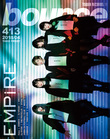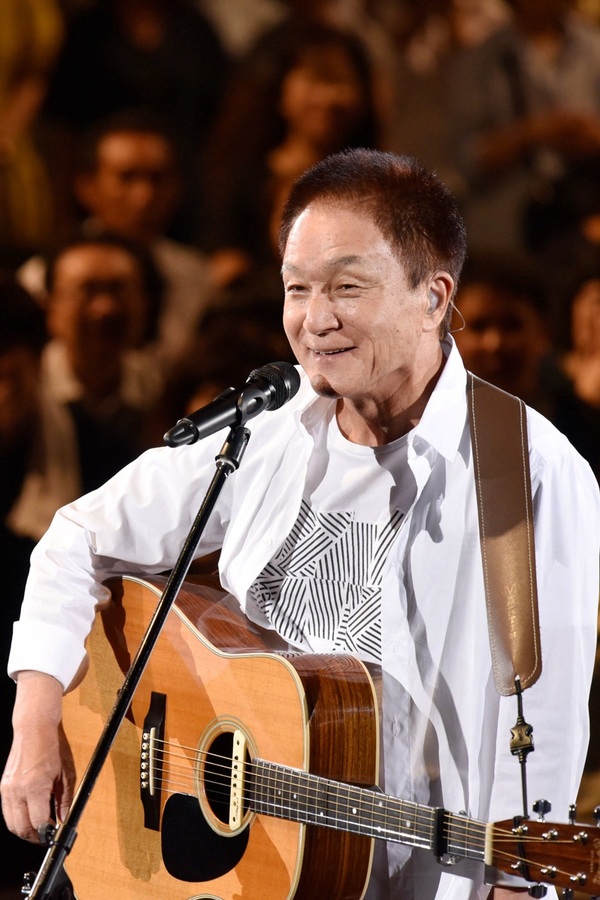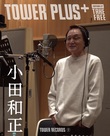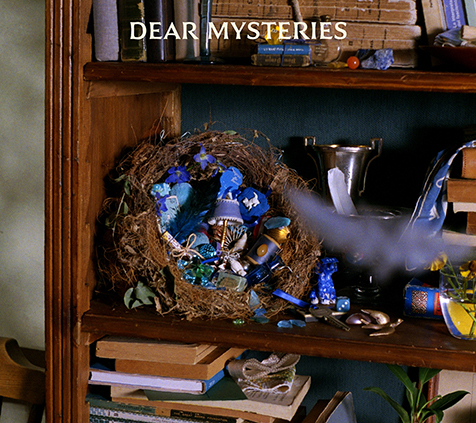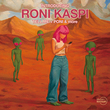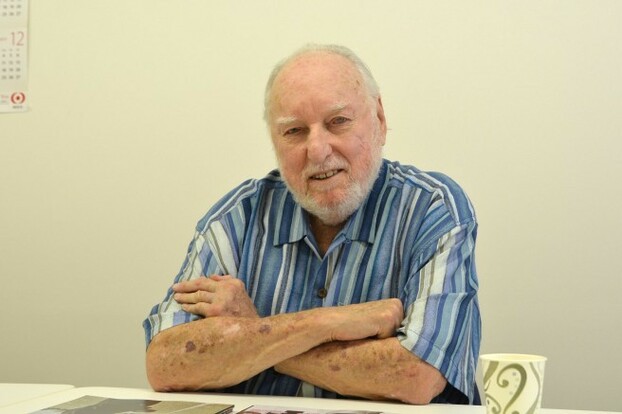
“The man who founded Tower Records” Russ Solomon talks about the history of the company: Part 1
Visiting Japan for the shooting of the documentary film that portrays the rise and fall of Tower Records in US, Russ Solomon looks back on the birth and growth of the chain
Interviewed and written by Daisaku Jobim
The man who founded Tower Records and exerted a considerable impact on the global music culture from the late 20th century, – Russ Solomon, the living legend. Solomon visited Japan this summer with the film crew for the shooting of the documentary film “All Things Must Pass: The Rise And Fall Of Tower Records”, – a film about the vicissitudes of the chain in the US. Mikiki had a chance to speak with the legend, a man of vitality at the age of 89, about the history of the famous retail chain.
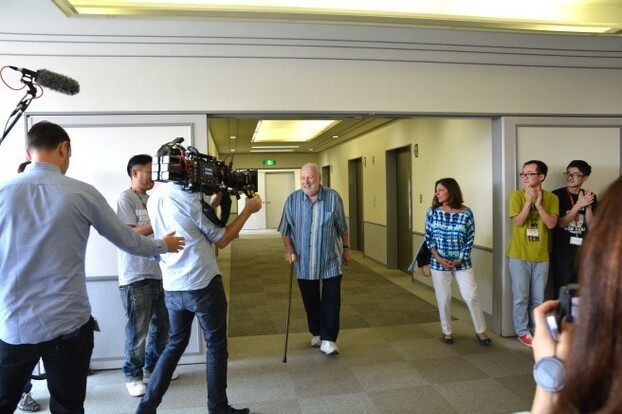
Q: Why did you think of starting a record shop at the first place?
I was too young to know any better. I was only 16, and my father had a drug store and we had in the drug store, many different kinds of things, cosmetics, candy, liquor, toys, everything imaginable. And we had a soda fountain in the drug store. And on the soda fountain, there was a little jukebox. It was about this big, and it was a 12th play Wurlitzer jukebox.
And so my Dad said, why don’t we sell the records that come off the jukebox, you know, the used records. So we paid 3 cents for a record, and sold them for a dime, and they sold very well. So after a few weeks of selling a few used records in the store my Dad said let’s try to sell some new records and see what happens. So that’s how it all happened. That simple.
We went and got some new records, and sure enough we sold them. So he decided that we would open a record department in the store which was a little smaller than this table. The drug store’s very small. And we got the records and I was the one who stood behind the counter and sold the records.
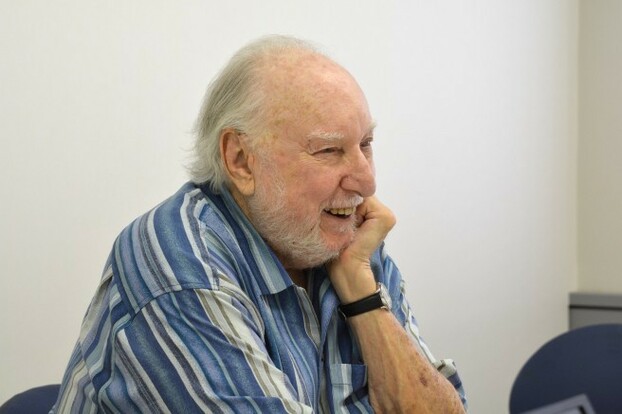
Q: What kind of genres or artists were the records you used to sell at the beginning?
It was mostly popular music of the day. Big band, Glenn Miller, Tommy Dorsey, Freddy Martin was a big hit, Jimmy his brother were hits. It was popular hits of the day. Now, remember, we’ re talking about 1941and the records were 78rpm 10inch records, they sold for 35 cents for inexpensive ones and 50cents for the expensive ones. So one song on each side of the record.
Q: Were you calling yourselves Tower Records at that point?
No no no. The drug store was in a building called Tower Theatre, it was a movie theatre and the drug store, my father’s drug store was called Tower Drug Store, so it was natural as we went along, and it was afterwards when it became larger, when we had a bigger space, we named it Tower Record Mart, then after that by 1960, where this logo you have the Tower red and yellow logo and everything and all, starts in 1960, we named it Tower Records.
Q: From the 60s to the 70s, Tower Records expands its business across the nation. Was the repertoire still focused on popular music of the time, or did selection or genres change over time?
Well, I believe from very early on, -and don’t forget many years passed on, say talk from 1960 when it started, and believe from the beginning that we should have everything. Jazz, classical country pop everything, novelty, comedy, vocals, music shows. And I always believed that that was what people wanted, - they wanted that vast selection. It was much smaller in those days that was available but that’s what people wanted.
As we were able to get large stores, and don’t forget the really large stores wasn’t until 1968, in SF, and at that time we had enough space to able to get all kinds of different music in. So we had a classical department, an opera department, a jazz department, a country and so on. That was our, well, my philosophy from the very beginning, but we could do it only when and enough space and maybe enough money to afford the inventory that was important too.
I always believed that I want a record store that one day, thinking before, carried every record in the world. And I was never able to achieve that until we came to Japan. We came close to almost. Nobody can get everything, but we could do it here closer than any place well. And they’ve done it very well I must stay, - Shibuya.
Q: Another question in the same line, during the 70s when the chain was in full swing of developing the chain, what do you think was the absolute difference with other records chains that drew so much support from music fans?
I think selection. Our prices were very good also. We had special prices on a lot of stuff. But I think selection was always the driver and always being on top of the new, good stuff. But it always goes back to the selection because you could serve all kinds of different publics, you could serve the jazz public, R&B public and on and on. That was always the draw.
Plus there’s another interesting draw too, and that was we were open seven days of the week, every day of the year, and from 9 in the morning to go to midnight. So that idea of being open on holidays, at night, and it was convenient for kids and it was a fun place to go still is here, nowhere else though than Japan.
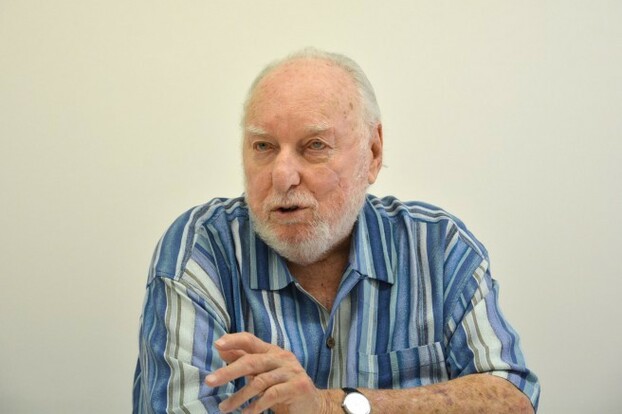
Q: Entering the 80s, you decide to open a store in Japan. What’s the background to this, and what were your anticipations about the whole idea?
Well what actually happened. You want the whole story? Two Japanese guys came to my office in Sacramento and said they wanted to open a TR in Japan. And I said, well first of all, I said do you have enough money to do it, and they said of course. So I said I don’t know let’s look into it. So a few months later after looking into it, they invited us over to Japan sent us a ticket and took us around the country and showed us around, and we saw all the record stores that were in existence then, the little record chains, all the stores.
And we said you know, after about a year of talking about this, well let’s open a little wholesale operation, an importer here, and we will sell the records chains in existence, I forget the names of them now, there was one in Osaka, 2-3 in Tokyo and other parts of the country, Kyoto of course, and we said we would have a little rack in each of those stores and we would call it Tower Records Import rack. And that record store or chain will buy the records from us that we would import, and we did that. We opened a little warehouse in Akasaka on the 7th floor of a building, and we started to do that.
But after about a year, our service wasn’t very good I don’t think, and some of our customers were buying from somewhere else. And we were just weren’t very good at being a wholesale house. So we finally decided, let’s do what we know best. Let’s open a retail store, forget the wholesale biz completely cause we’re not going to be successful with that, and open a retail store and see what happens.
So we found a location in Shibuya, and opened that up, it was only about 4000 feet, about 150-160-tsubo . So we opened that up and it was a huge success. From the day it opened it exploded it was all LPs this was about 1981, and it was just phenomenal, we were sending in the merchandise and LPs from California to Japan everyday it was terrific, and said this is a good thing, let’s try another.
From that point on, anything we did in Sacramento main office, everything was happening here. That was the way the whole thing happened. You opened one, it worked okay, you’d find another place, open another one, so it wasn’t a plan in particular, it was an opportunity of an interesting and good location in the right city and we would actually do it, and that’s how the whole thing happened, and it think the same thing happened here, it was the case of opportunity, or we’ll say we want to go to Sendai, so find aplace in Sendai, or go to Niigata and find a place in Nigata or Kyoto or anywhere else.



